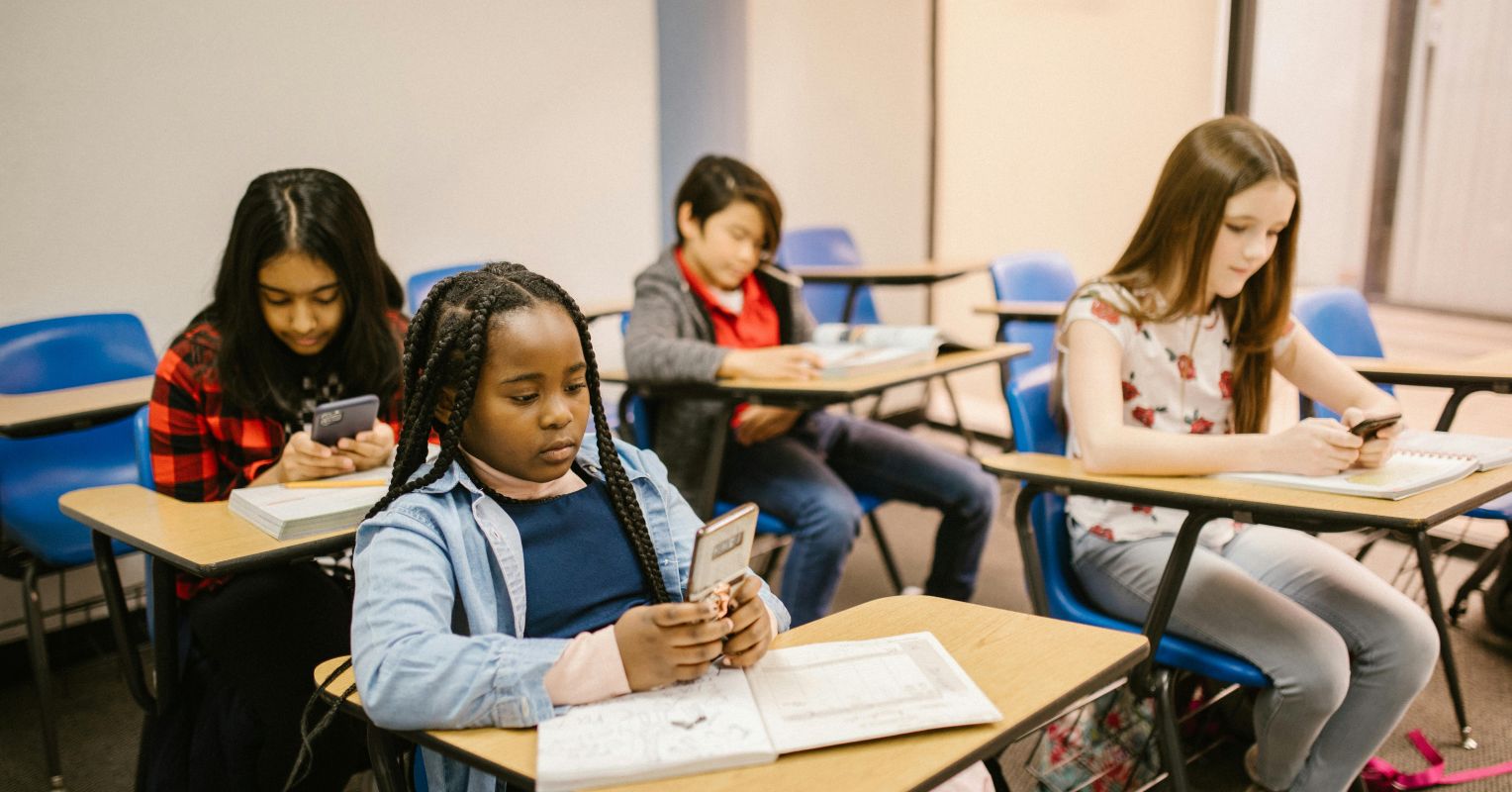
"Countries with high smartphone use like Singapore maintained strong academic performance over time, suggesting that technology does not inherently harm educational outcomes."
"English schools that implemented phone restrictions did not see any improvements in wellbeing, anxiety, or academic achievement, indicating that banning phones may not address underlying issues."
"Students increasingly rely on phones because schools fail to provide autonomy, connection, and meaningful content, suggesting a need for educational reform instead of simple device restrictions."
"The notion of a 'golden age' of childhood is largely a nostalgic view, often experienced predominantly by White, middle-class boys, while many others were restricted due to cultural and social factors."
Countries with high smartphone use, particularly Singapore, have managed to maintain strong academic performance over time. In contrast, English schools that have imposed phone restrictions reported no enhancements in student wellbeing, anxiety levels, or academic achievement. Many students turn to their phones due to a lack of autonomy, connection, and meaningful content in school. The idea of a nostalgic 'golden age' of childhood is often an idealization limited mainly to White, middle-class boys, as diverse groups experienced significant restrictions and challenges in their upbringing.
Read at Psychology Today
Unable to calculate read time
Collection
[
|
...
]